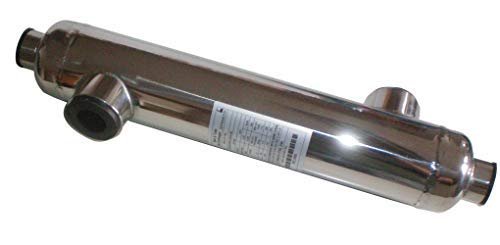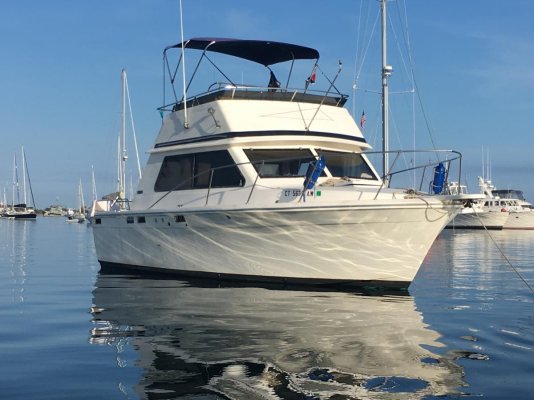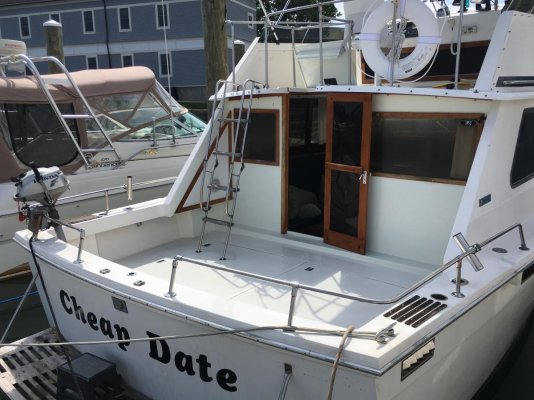ben2go
Guru
What size water heater would be good for a water-conscious couple living aboard that doesn't want to run the engine or genny while away from shore? Power will be supplied by eight 105 Trojan batteries to a Xantrex 2000 running watts pure sine wave inverter. I could increase the inverter size or add a second with the battery bank I'm planning.
I lived with my first wife in a small basement apartment with a 20 gallon/75 liter water heater. It worked well but was 220v and recovery times were fairly short. My current home has a 39 gallon/147 liter 220v water heater. When the power goes out, all three of us can take showers before we run out of warm (not hot) water. Of course, we have a low flow shower head and take quick showers. No lollygagging when the power is out. :lol:
I lived with my first wife in a small basement apartment with a 20 gallon/75 liter water heater. It worked well but was 220v and recovery times were fairly short. My current home has a 39 gallon/147 liter 220v water heater. When the power goes out, all three of us can take showers before we run out of warm (not hot) water. Of course, we have a low flow shower head and take quick showers. No lollygagging when the power is out. :lol:

 Or we can run our quiet gen if needed.
Or we can run our quiet gen if needed.

